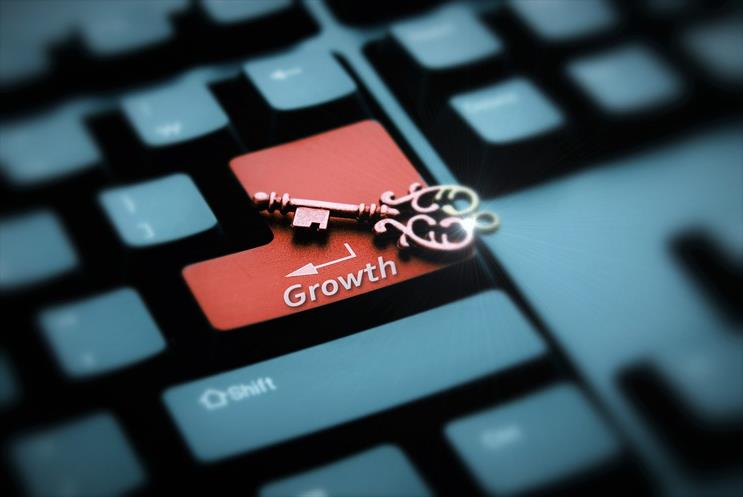It has been six months since I left the warm embrace of Karmarama and set off to join my business partners in my new adventure at Curve. That adventure has been at times frantic, but broadly successful; we’ve hired our first employee, developed some workshop products and started working with some exciting new corporate and start-up clients. So far, so good.
When I relay this story to friends in the industry, they seem genuinely happy and quickly get to a question that I think they assume is the most exciting thing they can ask: "So when are you selling?" Or, to quickly get the body of this piece on track with its title: "How are you going to scale?"
Asking that question has the same effect in my head as scratching a needle across some vinyl and bringing a hitherto fun party to a screeching stop. It’s not that we don’t want to grow the business and be rewarded for our hard work. The problem is accepting that scale and success can only mean a deliberate strategy of calf-fattening and searching for a suitable deity to offer it up to as a sacrifice. That strategy might yield personal wealth, but it also assumes that there can be no real long-term value in your business beyond your exit – surely something that is a long-term issue for the buyer and seller?
The flying Champagne corks in New York that heralded the arrival ofDroga5 to the Accenture Interactive family suggest that mergers and acquisitions is still a much-loved route to exit for agency leaders. Yet the fact that many of them leave pretty much the moment the golden handcuffs fall away suggests that model isn’t a good one to keep founders in a business in the long term. For every Bob Greenberg who manages to thrive in their new networked world, there are many more who find the lack of autonomy and increase in politics too hard to bear. They (hopefully) leave with money, but very often with frustrations too.
Start-ups begin with a similar zeal as agencies, but since they are not encumbered by the need to sell people and time, they should have more opportunities to redefine scale. Somewhat depressingly, the early injection of venture-capital money means most of them cede power and it creates huge pressure to pay back. That pressure often leads to the failure of businesses that were too young to have had a chance, or they get crushed by investor expectation, such as the much-hyped Blippar.
Those that do succeed in achieving jaw-dropping scale are in reality just as compromised. They eventually have to sacrifice product, and sometimes personal integrity, precisely because they have so much to pay back to those that backed them. You need only to reflect on the new collective name for Facebook and its ilk, "big tech", and the echoes it has of "big oil" and "big tobacco", to see how public opinion is swinging against them and how potentially problematic funding models for start-ups are, even for those that "win".
So how do we – and the start-ups and smaller brands for whom we are helping to build sustainable growth – start to create models for a steadier, more satisfying type of growth?
Here are a couple of ideas we are working through with clients at the moment.
Scale a part rather than the whole
Whether it is British Gas creating a new proposition such as Hive to grow outside the existing structures of a big corporation, or the success Mother has had in backing game-changing agencies such as Poke or Naked Communications, it is possible to help one part of your business grow by a different set of rules to another. In the case of Hive, that proposition became so successful that some of its ways of working have been adopted back into the main British Gas business, creating a more energised business overall.
Change the meaning of scale
One of the ways to avoid scale that feels wrong for your business is to avoid being judged by pounds and pennies (or euros, if you prefer). Whether you look to specific initiatives such as B-Corp certification, which demands businesses balance profit and purpose, or entire countries such as New Zealand, which recently announced that it would be using well-being as well as GDP as a measure of success, there are precedents for creating and quantifying momentum in a different way.
In five years’ time, I would love to see new and more sustainable measures of success sitting alongside the ability to hoon around in Elon Musk’s latest folly or bemoan the lack of plumbing in your third house. At the very least, it might keep talent and experience engaged for a bit longer too.
Lawrence Weber is a partner at Curve



